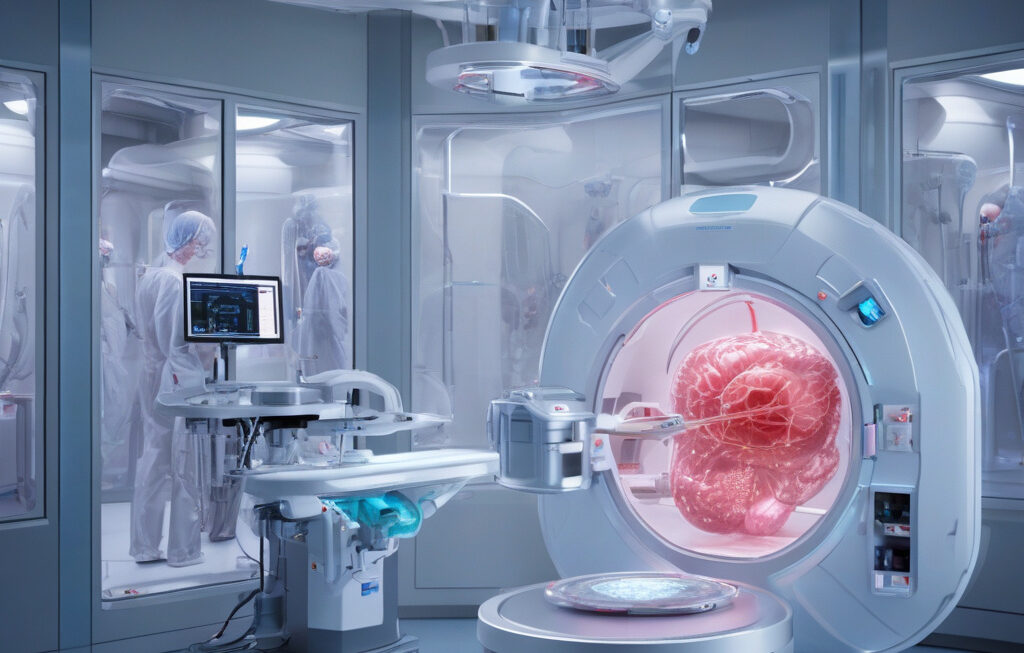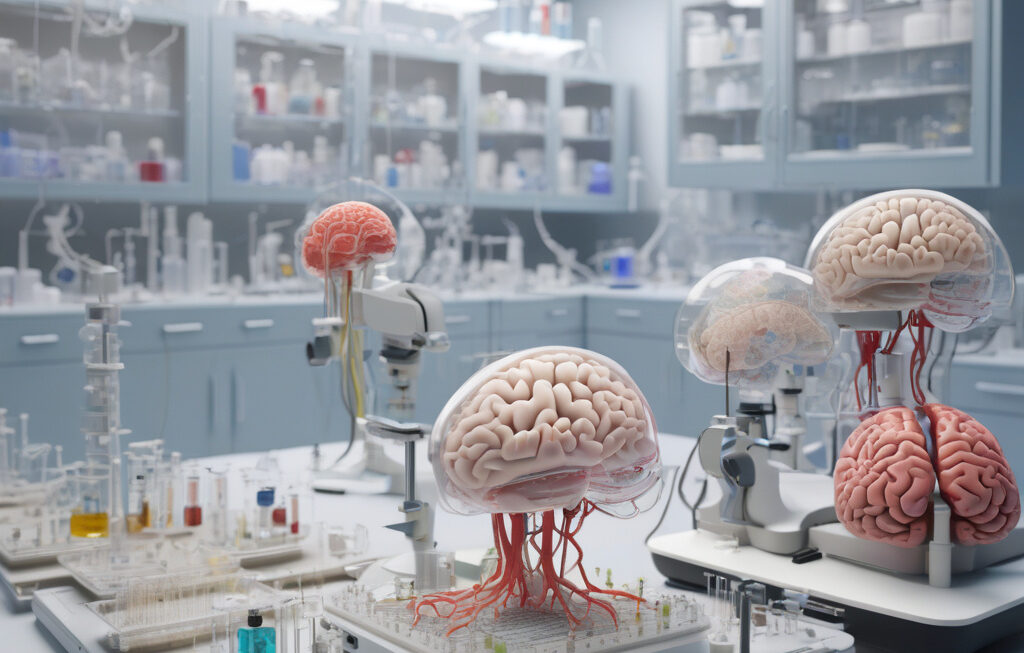MIT AI Creates Antibiotics to Tackle Resistant Bacteria
In the perpetual battle against antibiotic-resistant bacteria, a groundbreaking development has emerged from the hallowed halls of the Massachusetts Institute of Technology (MIT). Leveraging the power of artificial intelligence (AI), researchers at MIT have successfully designed antibiotics that show promising results in combating stubborn infections.
The traditional process of developing antibiotics is often time-consuming and labor-intensive. Researchers sift through countless chemical compounds in the hopes of finding one that effectively kills bacteria without causing harmful side effects. However, with the rise of antibiotic-resistant strains such as gonorrhea and MRSA, the need for innovative solutions has never been more pressing.
Enter AI. By harnessing the computational power of machine learning algorithms, MIT researchers have revolutionized the drug discovery process. Through a combination of data analysis, predictive modeling, and iterative optimization, the AI system rapidly generated novel antibiotic compounds with the potential to overcome bacterial resistance.
In laboratory tests, these AI-designed drugs demonstrated remarkable efficacy in clearing infections caused by drug-resistant bacteria. Not only were the antibiotics effective in combating pathogens like gonorrhea and MRSA, but they also showed a reduced level of toxicity compared to conventional antibiotics. This dual benefit of increased potency and decreased harm to the host represents a significant advancement in the fight against antibiotic resistance.
The implications of this breakthrough are profound. With the World Health Organization warning of a post-antibiotic era where common infections could become deadly once again, the need for innovative approaches to drug development has never been more urgent. The MIT AI-designed antibiotics offer a glimmer of hope in this bleak scenario, providing a ray of light for patients and healthcare providers alike.
Beyond the immediate impact on antibiotic resistance, the success of this AI-driven approach has broader implications for the field of drug discovery. By streamlining the process of identifying promising compounds and accelerating the timeline for development, AI has the potential to usher in a new era of precision medicine. Tailored treatments based on individual genetic profiles and disease characteristics could become the norm, offering more effective and personalized care to patients.
As with any groundbreaking innovation, challenges and questions remain. The scalability of AI-designed antibiotics from the laboratory to clinical settings, the regulatory approval process, and the potential for unforeseen side effects are all factors that must be carefully considered moving forward. However, the initial success of the MIT research serves as a testament to the power of AI in revolutionizing healthcare and combating global health threats.
In conclusion, the MIT AI-designed antibiotics represent a significant step forward in the fight against antibiotic-resistant bacteria. By demonstrating both efficacy against stubborn infections and reduced toxicity, these innovative drugs hold the potential to reshape the landscape of antibiotic therapy. As researchers continue to push the boundaries of AI-driven drug discovery, the future of precision medicine looks brighter than ever.
#MITAI, #AntibioticResistance, #DrugDiscovery, #PrecisionMedicine, #HealthcareInnovation












